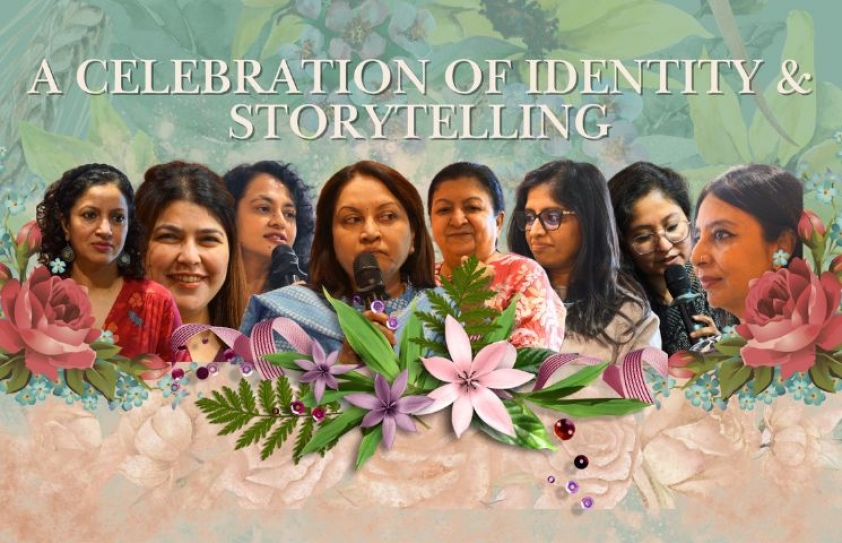
GENDER: A CELEBRATION OF IDENTITY, AND STORYTELLING
by Vinta Nanda March 9 2025, 12:00 am Estimated Reading Time: 5 mins, 46 secsA powerful gathering of women writers, critics, and storytellers deep diving to literature, cinema, and authorship—exploring identity, mythology, and the evolving craft of writing in a digital-first world at Crossword Mumbai. Vinta Nanda reports…
Photography: Vinta Nanda
The Women in Literature event at Crossword Bookstore, Mumbai, brought together leading authors, film critics, and journalists to celebrate storytelling, identity, and the evolving craft of writing. Organized by Om Books International for the Internation Women’s Day on 8th March 2025, the day-long discussions covered topics like mythology in literature, writing crime and romance, film criticism, and the art of storytelling across mediums. With insightful conversations on the impact of social media on publishing, audience engagement, and gender representation in literature and cinema, the event highlighted the diverse voices shaping contemporary narratives. Featuring renowned writers like Gajra Kottary, Madhureeta Anand, Kainaz Jussawalla, Deepa Gahlot, Priyanka Sinha Jha and Sathya Saran, this celebration of literature reaffirmed the power of women’s voices in shaping India’s literary and cinematic landscape.
On International Women’s Day 2025, a spectacular event celebrating women in literature took place at Crossword Bookstore, Krishna Curve, Mumbai. Organized by Om Books International in partnership with Crossword, this day-long conclave brought together a diverse group of accomplished women authors, film critics, and journalists for in-depth discussions on writing, authorship, cinema, and the challenges of storytelling in contemporary times. The event was meticulously curated by Shantanu Ray Chaudhuri, Chief Editor of Om Books International, with seamless execution by his assistant Meghna Shrivastava from Delhi, ensuring the smooth flow of the engaging sessions.
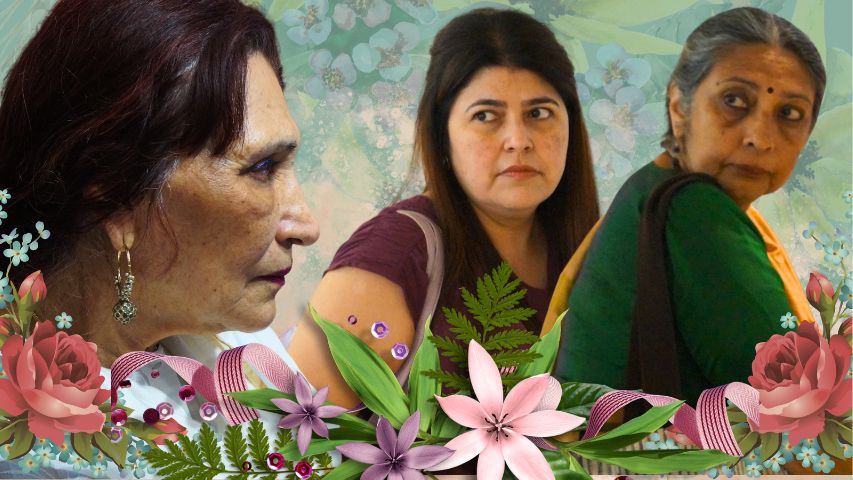
Exploring Identity, Mythology, and Storytelling
Prema Govindan hosted a thought-provoking and engaging session with authors Madhureeta Anand and Kainaz Jussawalla, diving deep into identity, storytelling, and the nuances of being a woman writer. The conversation kicked off with an exploration of how they perceive themselves—whether as authors first or as women writers. Madhureeta captivated the audience with insights into her book Krishna Circus, which reimagines Krishna as a female and the resistance she faced in doing so. Beyond literature, she also spoke about Phree, the app she founded, which rates cities, bars, and restaurants based on safety, providing a much-needed resource for women.
Then came the fun question from Prema—what makes Kainaz’s memoir funny? Is it because she’s a woman, or because she’s Parsi? Kainaz, in her signature candid style, responded with a bold take on being unapologetically herself: “I don’t care if you don’t like me. If you think I’m too much or not. Or whether I dress well or don’t fit into your standard. I don’t live to impress; I dress to make myself happy. If I can do that and sleep well at night, I’m good.” She also touched on her eternally single status, joking about being "man-crazy enough" to keep the image alive. Madhureeta wrapped up the session with a powerful reminder: “Strength isn’t about mimicking aggression or dominance but about becoming stronger every day—building, not breaking.”
Diving into Crime, Romance, and the Art of Writing
The next session brought together a fascinating mix of authors who traverse the worlds of crime and romance. Harini Srinivasan, Madhvi Ahuja, Gajra Kottary and Sathya Saran explored the nuances of crafting suspenseful yet emotionally engaging narratives, the evolution of female protagonists in contemporary literature, and the impact of social media on shaping audience expectations. Gajra Kottary, when asked by moderator Sathya Saran to elaborate on her process, explained how romance for her has always been an imagination of the engagement of mature minds. She also shared how she often brings elements of crime storytelling into her works through the emotional framework of her narratives.
Madhvi Ahuja reflected on the power of storytelling in today’s world, remarking, “Women’s Day celebration is on point with strong, empowered ladies participating in brilliantly curated author panel discussions. A day added to my ‘learning journey of life’ with such rich contributions from all.” She spoke about working in partnership with her co-author and the process they followed to complement each other at every step. Harini Srinivasan, passionate about history, described how her love for the subject has driven her to set her crime stories in past eras. The audience was fascinated to hear about her explorations of the Gupta Period in ancient Indian history and her discovery of emotional conflicts among the inhabitants of the era where she has placed several of her stories. Sathya Saran closed the session by sharing her experiences as a South Indian woman and the ways patriarchy manifests in everyday life, restricting women's mobility and independence.
Navigating the World of Cinema Writing
I was engaged in the discussion on writing about cinema, a subject close to my heart. Writers Priyanka Sinha Jha and Deepa Gahlot engaged in a thought-provoking conversation with me on the ever-changing landscape of cinema journalism, authorship, and critique. Our panel discussed the growing challenges of navigating film criticism in an era where social media has blurred the lines between journalists and audiences. We discussed how writing on cinema differs from fiction and screenwriting and the importance of balancing artistic integrity with public opinion.
Deepa Gahlot explained how the landscape has changed over the years and the various ways she has kept herself up to date despite the many challenges social media poses to her profession as a film critic and columnist. Priyanka Sinha Jha spoke of her experience as Editor of Screen Weekly, where they strategically put the story before celebrity and stardom and maintained a non-voyeuristic approach to writing about cinema. I contributed my thoughts on the necessity of balancing independent critique with the pressures of the industry while ensuring that voices outside the mainstream are given space and attention.
The Evolution of Storytelling Across Mediums
The final session of the day explored the craft of writing across genres, drawing on the perspectives of Gajra Kottary, Harini Srinivasan, and Prema Govindan. The similarities and differences between authorship, television and film writing, and journalism were reflected upon and how storytelling is evolving in the digital era, also the need for a writer’s adaptability. Gajra Kottary shared insightful perspectives on the role of structure and discipline in writing for film and television. Harini Srinivasan spoke about the importance of historical research, while Gajra Kottary also went on to explain how storytelling across different formats requires a balance between creative freedom and industry demands.
This leisurely afternoon of discussions, skilfully curated by Shantanu Ray Chaudhuri, was an intellectually enriching experience, showcasing the diverse voices of women in literature. The pictures I have taken during the session capture the essence of the event—shared moments between speakers and the audience, engaging debates, and thought-provoking insights.

45.jpg)
42.jpg)



-173X130.jpg)
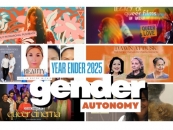
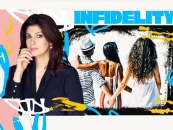
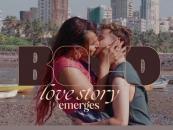
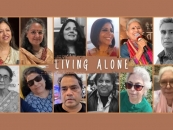
-173X130.jpg)
-173X130.jpg)
-173X130.jpg)